A New Way of Doing Things
We live in a cutting edge and diverse economy. Rich with tech companies in both startup and large corporate settings. Which brings forth a new job market. This new job market and "era of entrepreneurship" has created many opportunities for today's generation. The millennial. Thanks to tech giants like Uber, a gig economy is among us. They have literally created a platform where people can conveniently decide when they want to work. This style of work has caught a lot of traction over recent years and allows for the perfect side hustle or in some cases, full time employment. People are all over this, especially the millennial.
While we sometimes have a bad reputation for being unfocused or even lazy, I believe that we just want to work hard in a different way. The information and resources to build a successful brand or company are more accessible now then they have ever been. But also, look at employers. The dream used to be go work somewhere for 30 to 40 years, retire, then get your pension and social security. Today's economy does not provide those luxuries. People will literally have to create their own pensions and social security checks. This is partially due to the fact that social security will be depleted by the time millennials are of retirement age (projections are to end in year 2034. please see social security section,).
It should also be noted that many companies are not providing long term incentives to promote a tenured relationship between employee and employer like years past. In addition to the previously stated reasons, I believe there is a strong desire to truly take advantage of a new market. Many are taking their future and putting it in their own hands, literally creating a huge push for entrepreneurship. People are taking risks and some are winning big. Look at Facebook, AirBnB, Tinder, Wordpress, etc. (for more, check out The Top 20 Most Influential Mllennials ) But like with everything else in life, there are pros and cons to this new wave.
Boss Up
The thought of working for yourself and creating your own destiny can be very rewarding in more ways than just profits and revenue streams. You capture a sense of self pride that brings forth satisfaction. There has also been a recent shift where companies are almost required to have a social impact. Now, you get to make the decision of the message you want to spread, who you want to help and how you are going to help them. Lastly, one of the biggest attractions to independent contracting or entrepreneurship is the flexibility and time freedom it can afford someone. You can "pick up and put down" whatever your gig is. You are a freelancer. An independent. When you are the CEO, if you say we are open for business, well the doors are open! If you say it is too much snow outside to work that day, and want a snow day, that is fine. You want catch every basketball practice, rehearsal, play, and vacation weeks at a time? That is completely up to you. However, unless you have grown your company to develop some sort of leverage (royalties/residuals, assistants, team, sales staff, automated systems, etc.) or you are content with the state of your personal and/or company finances, then it is not likely you will close your doors of business often. The point here is, yes, time freedom and flexibility is a huge benefit, however it will take time, grit, and resources to truly maximize on this.
Now, we have to look at the whole picture. One of the concerns I have is with more and more employer - employee relations becoming very much a contractor - subcontractor relationship. This puts the "employee" in a vulnerable financial position. Again, there are a variety of intangibles; flexibility, autonomy, uncapped income potential and a certain satisfaction of being able to "be your own boss". The other side to that is obviously what we don't get. Benefits. Whether you are an independent contractor with a given company or you have your own company, you are not entitled to receive any kind of benefits package a typical employee would receive. Things to include; PTO ( paid time off), health insurance, disability, long term care, life insurance or some form of a retirement plan such as a 401K etc. Not to mention tax liabilities that come with being self employed. Now, by no means am I wanting to steer you away from self employment. If the pros outweigh the cons for you and you have the right opportunity, go for it! What I do suggest, is to set yourself up for success and limit some of your exposures.
Benefits & Protection
Find yourself a tax professional or CPA to help you with your taxes, especially one who has experience with home office deductions (if applicable) and is up to date with the current tax laws regarding businesses. Yes, this applies to Uber/Lyft drivers and Instacart shoppers as well! People who receive a 1099 at the end of the year get the benefits of business owners. The tax laws were written for business owners, so find the right counsel to help you with the right recommendations and take advantage of what is available.
You will also need to get your health insurance figured out. There are currently penalties for not having health coverage that you will be responsible for when you file your taxes. Good news is, you do have room to get creative here. You can get on someone else's policy who can consider you a dependent like a spouse or parent( depending on your current age). If that isn't an option, you can get a job that does offer benefits and build your business or do your hustle on the side. Lastly, you can go to the health insurance exchange and get coverage directly or speak with a health agent to guide you through it. Though not as common as they once were, you can still find health agents. I personally recommend a company like HealthMarkets for your health insurance questions and needs if you are unfamiliar or uncomfortable navigating through the health exchange .
The same will go for health benefits, such as disability, short term and/or long term care, etc. Your insurances, items like life insurance and ID theft protection. So on and so forth. These are items you may or may not be familiar with that at some point in time an employer has probably offered to you. Now it is up to you to make sure your basis are covered. Now, does this mean run out and purchase every item mentioned? Or go sign up for the highest and best of each category? Not necessarily. However, I do recommend you research and discover costs associated with the items that are important to you. First of all, most of them aren't as costly as some people think. Secondly, you can strategically plan on how and when to integrate the rest of your coverage into your own benefits package.
The Big Picture
Now let's fast forward here a bit, with so many people seeking some form of self-employment (whether it be full time or alongside their career), it is only a matter of time before the gig economy becomes THE economy. Again, this is not meant to be a doom and gloom conversation, but more so a reality check . There will come a day when "millennials" become the "boomers". Now if we aren't properly educated or prepared around the pros and cons of a gig economy, that will do one of two things, 1. put many people in a bind that they may not have seen coming or 2. people will be paying the price of choosing to put things off for a later date. Look, through the decades we as a society have had our share of economic challenges. There was the Great Depression, the massacre in Black Wall Street, and the Stock Market Crash . While, I am not necessarily saying this is the next back breaker for the future of our economy, I do believe we need a remedy. We need to jump in front of this and be proactive instead of reactive. Our response to the gig economy will be important.
Regardless of if you are a; independent contractor, vlogger, social media influencer, freelancer, realtor, author, or small business owner, if you do not have plans and protection in place, you are leaving yourself exposed financially.
Let's play some defense!





